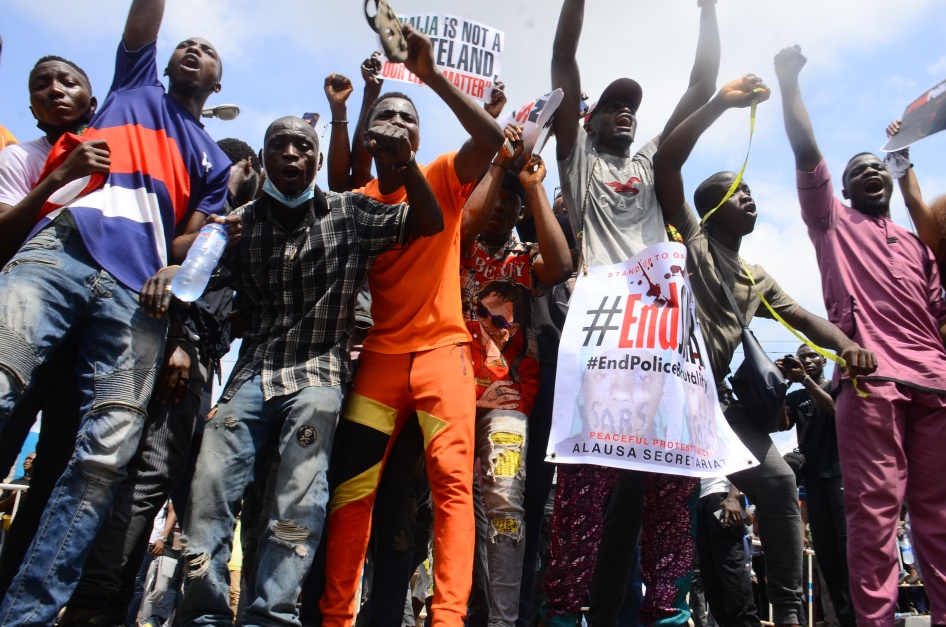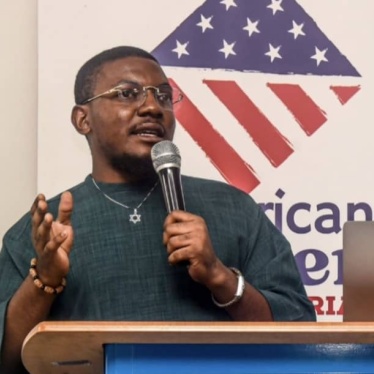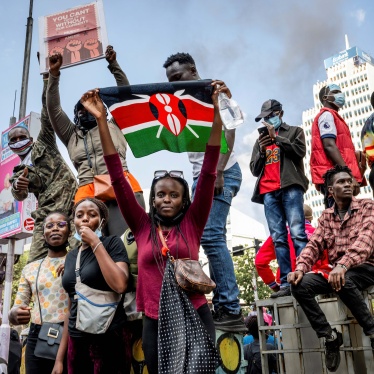Recent statements by senior Nigerian government officials and security agencies regarding the planned nationwide protests raise serious concerns. The officials' rhetoric suggests a troubling readiness to stifle dissent, heightening fears of a violent crackdown.
Calls to protest emerged following recent demonstrations in Kenya against increased taxes on essential goods and have gained traction on social media in Nigeria using the hashtag #EndBadGovernance. The Kenyan protests evolved into broader demands for government reforms, which appears to resonate with many Nigerians facing the worst cost of living crisis in nearly 30 years. By June 2024, Nigeria's inflation rate hit 34.19%, with food inflation exceeding 40%.
Organizers of the planned protests, scheduled to begin on August 1, say they are aimed at addressing both economic hardships and longstanding systemic issues, such as corruption.
Media reports quote President Tinubu and senior administration officials labeling the protests as unwarranted and politically motivated. The Department of State Services alleged the protests are intended to undermine the government and create conditions for “regime change” and will be used to incite chaos and violence. Similarly, the military warned that the protests could lead to anarchy and has promised to take proactive measures to maintain control. The police have cautioned against the protests, suggesting they could be used as a cover to unleash terror.
These pre-emptive warnings are troubling, especially given the Nigerian security forces' history of violently repressing peaceful protest. The brutal crackdown of the #EndSARS protests in October 2020, when military and police officers fired on unarmed protesters, killing at least 12, remains fresh in the memory. A recent Economic Community of West Africa Court ruling found that the Nigerian government had violated protesters' rights during the #EndSARS protests.
Rather than undermining the right to protest, authorities should address the underlying issues that are driving the protests. They should ensure that protests can occur safely and peacefully and people’s fundamental rights are respected.










